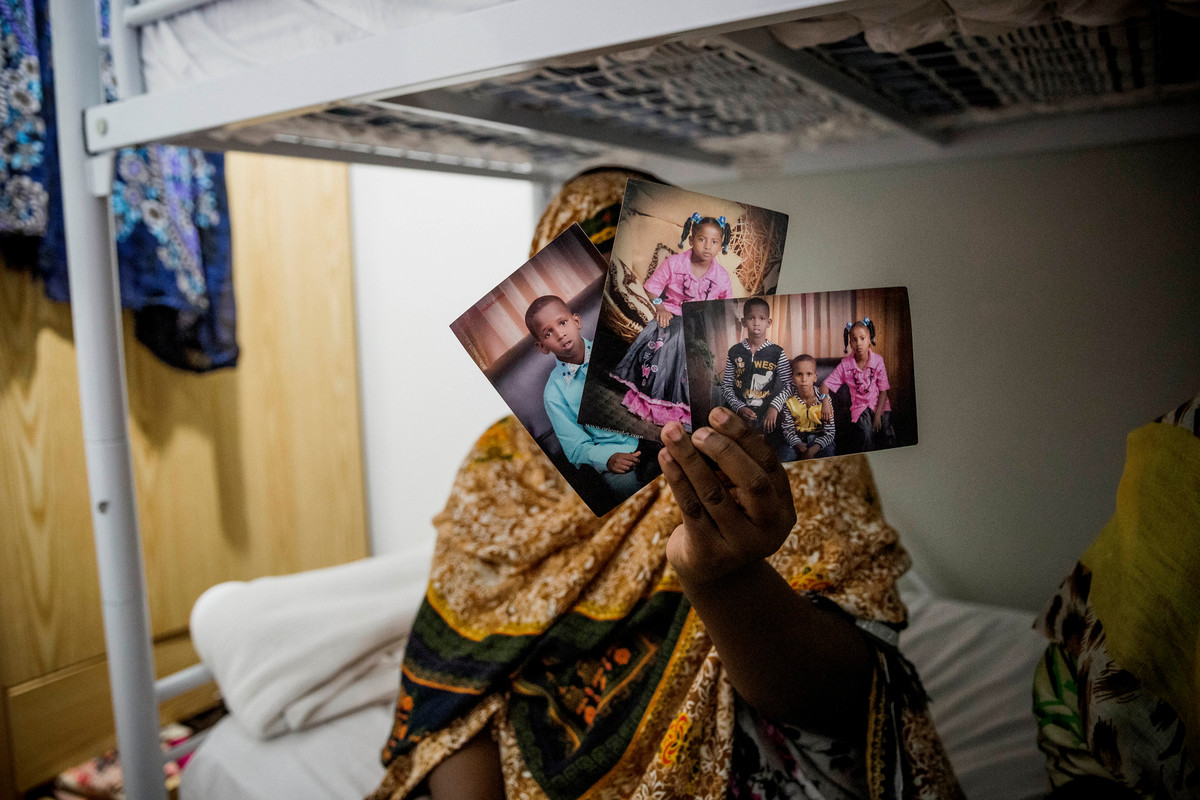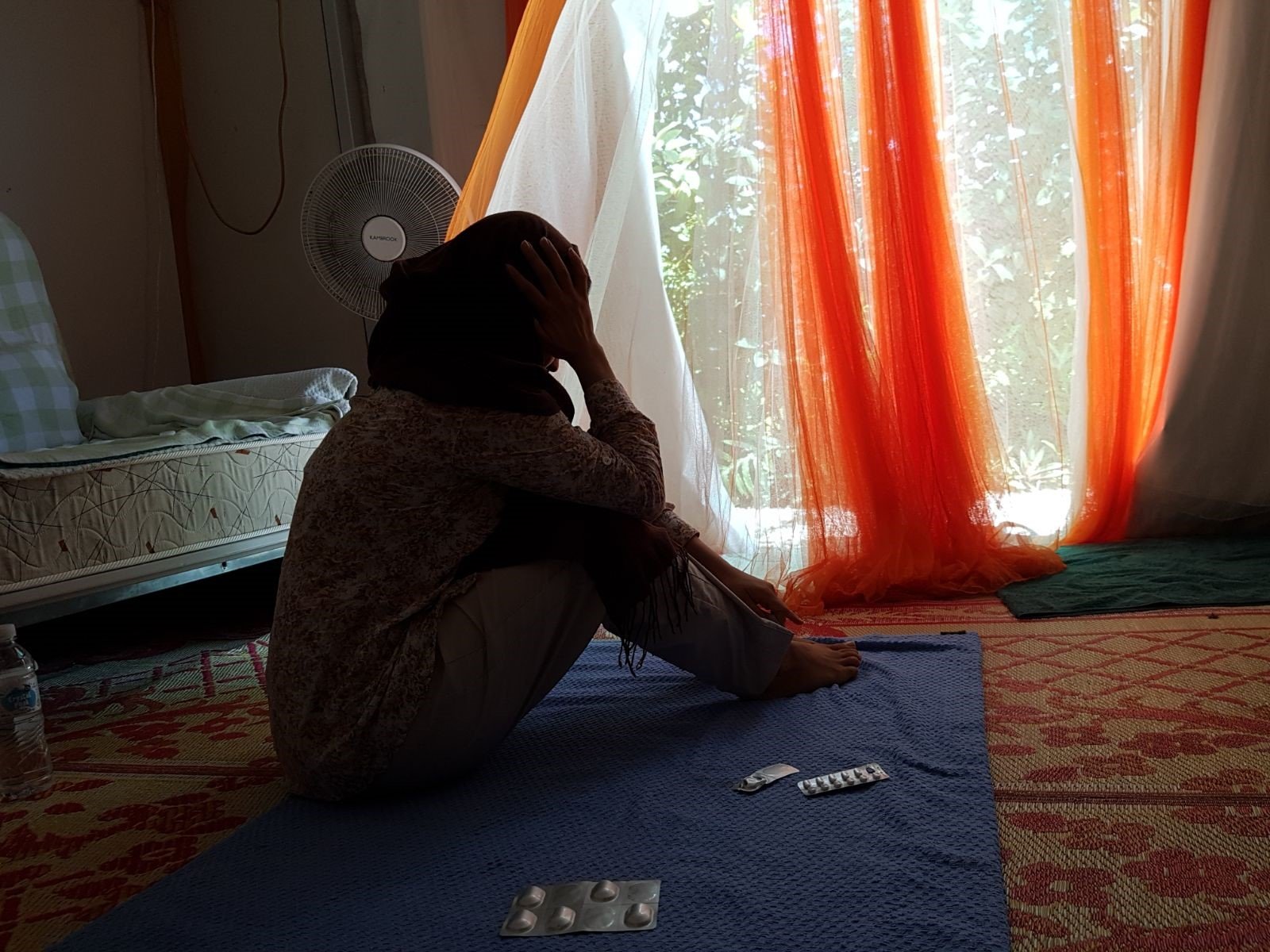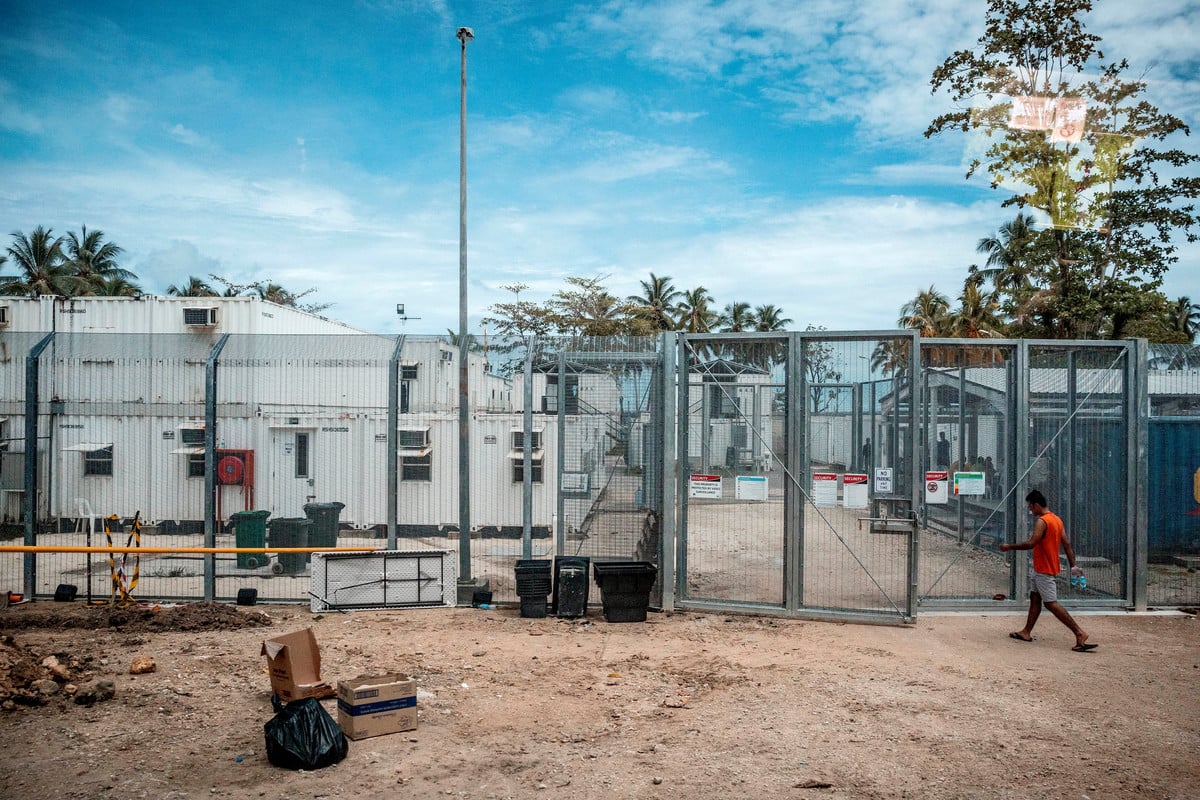UNHCR voices growing concern over ship saga
UNHCR voices growing concern over ship saga
GENEVA - UNHCR on Wednesday expressed growing concern over the continuing plight of more than 400 possible asylum seekers aboard a Norwegian ship off Australia's Christmas Island and reiterated its offer to help find a solution for the impasse.
"Regardless of their status, conditions aboard the 'Tampa' do not allow a prolonged stay by 434 people, many of whom are vulnerable women and children," said Erika Feller, UNHCR's Director of International Protection.
"While we don't have confirmation at this point that all these people are indeed asylum seekers, it is a pretty safe assumption that there will be some who have refugee claims to consider," Feller said. "There must be an opportunity for any asylum claim to be given thorough and careful examination. The chances of this taking place aboard the ship are scant."
Determining responsibility is extremely complicated, with a number of actors involved and each with a different view of the problem. UNHCR earlier Wednesday suggested that three governments - Australia, Norway and Indonesia - hold discussions to address immediate humanitarian concerns. UNHCR said it was ready and willing to provide support and advice should the parties agree.
"This is a situation which clearly calls for an international cooperative effort to find solutions and share responsibilities," Feller said. "Australia is best positioned to take the lead here. The overriding goal has to be to avoid any action which would have the effect - intended or otherwise - of sending asylum seekers back to danger."
UNHCR was also concerned about draft legislation which was rejected by the Australian Senate on Wednesday. The legislation could have led to the rejection of asylum seekers at the frontier by the forcible removal of ships from Australia's territorial waters. This would not have been compatible with the 1951 Refugee Convention.
"UNHCR would not want to see any measure which would reverse an important and longstanding humanitarian tradition against so-called 'push-offs'," said Jean-Marie Fakhouri, the director of UNHCR's Asia-Pacific bureau. "In the 1970s and early 80s, Australia was part of an international effort to ensure the rescue of Indo-Chinese boat people and to combat push-offs by coastal states."
UNHCR is ready to assist the Australian government in identifying solutions which may include some form of responsibility-sharing between states.




